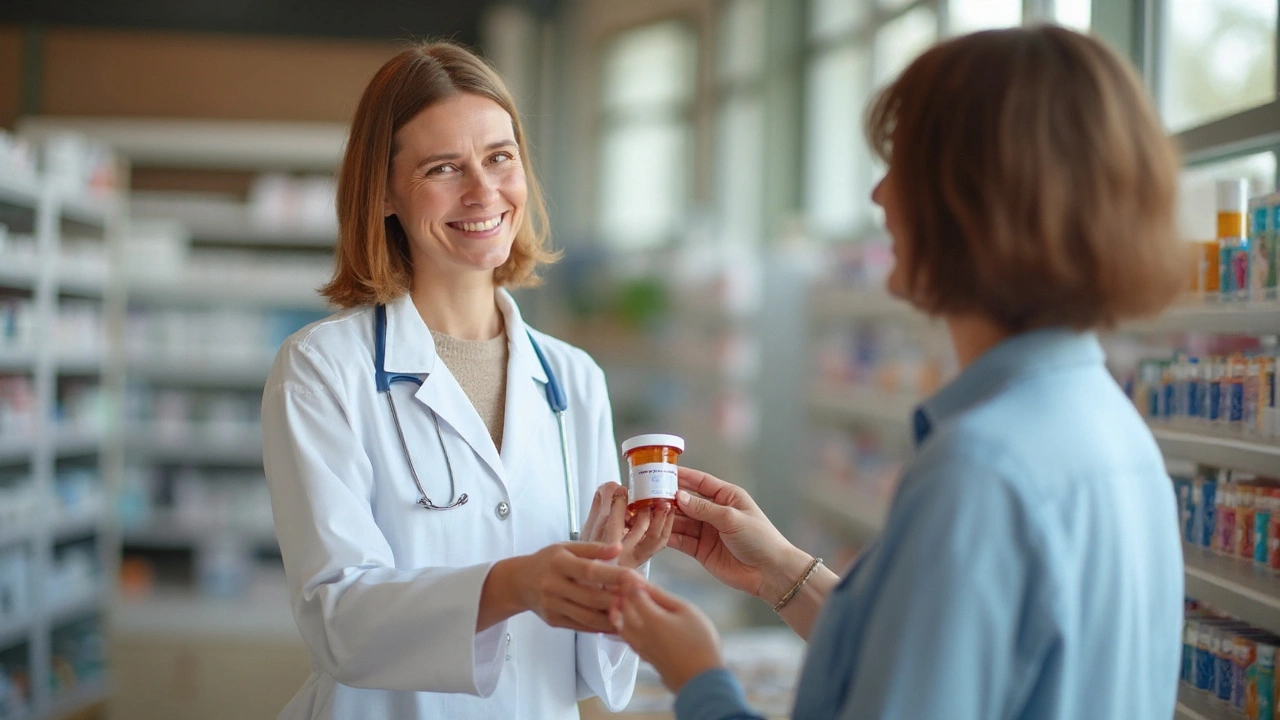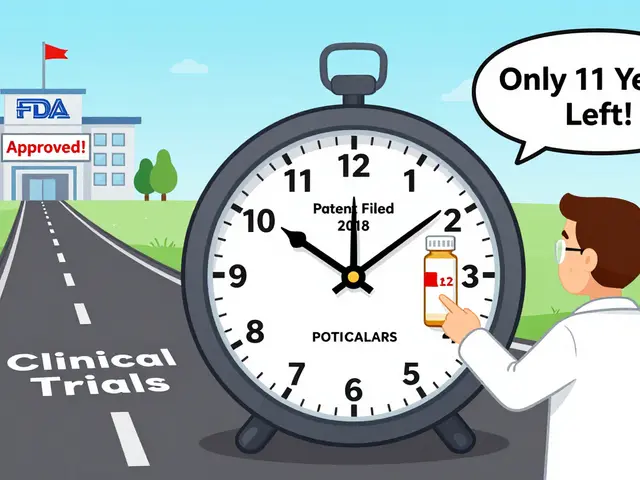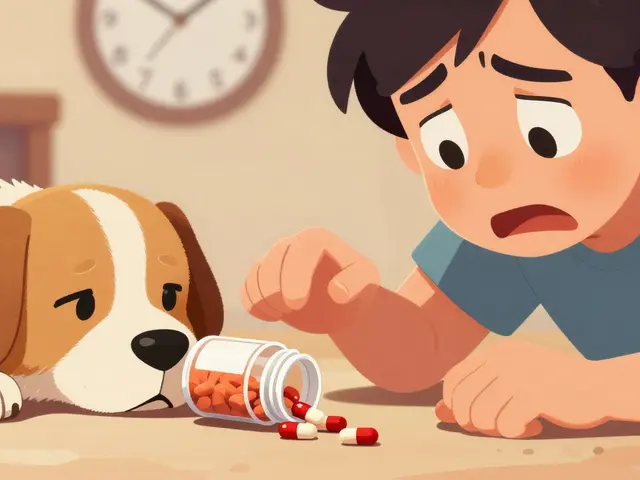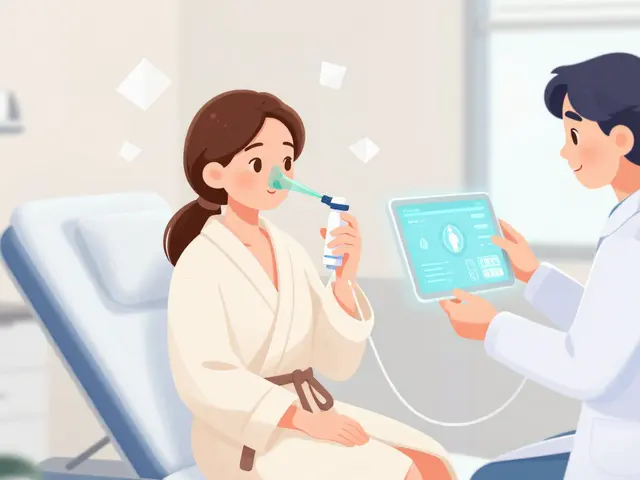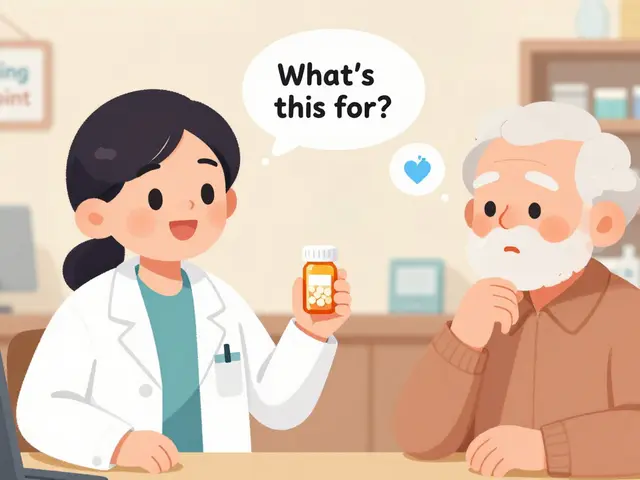Side effects: what to watch for and how to stay safe
Side effects are the trade-offs of taking medicine. Some are mild and short-lived, others need quick attention. This page groups our articles about side effects so you can find clear, practical advice fast. Read on to learn how to spot problems, reduce risk, and get help when you need it.
How to read side effect information
Start with the official leaflet or a trusted medical source. Look for frequency words like "common" or "rare" and what they actually mean—"common" usually means more than one person in a hundred. Beware of anecdotal reports online: they help illustrate possible experiences but don't show how likely a reaction is. Compare warnings across sources: our Lipitor article explains common statin effects, while the Ivabradine guide focuses on heart rate and vision issues.
Pay attention to interactions. Many side effects come from combining drugs, supplements, or alcohol. For example, modafinil (covered in our Provigil and Modaheal pieces) can interact with other meds and change how you feel. Cialis Super Active has clear interaction warnings with nitrates — take those seriously. If you buy meds online, check reviews and legitimacy; our online pharmacy reviews list practical red flags.
Practical steps if you suspect a side effect
Don't panic. First, stop taking the drug if it seems dangerous and contact a health professional. For non-urgent reactions — mild rash, nausea, sleep trouble — call your doctor or pharmacist for advice. Severe signs like trouble breathing, chest pain, fainting, or sudden vision loss need emergency care right away. Keep a list of everything you take including supplements like luffa or garden cress so clinicians can spot interactions.
Document what happened: when symptoms started, how long they lasted, and what made them better or worse. That helps your clinician and supports adverse event reports if needed. Reporting side effects to your local health authority helps improve drug safety for everyone. Our site explains how different drugs act and what side effects are typical — from cholesterol meds like Lipitor to antifungals like Fluconazole.
Preventing problems is often simple. Follow dosage directions, avoid doubling up, and ask about alternatives if a drug causes issues. For chronic drugs, regular check-ups and blood tests can catch problems early. Lifestyle changes sometimes reduce the need for higher doses — for instance, diet and exercise alongside statin therapy or breathing techniques that may reduce reliance on rescue inhalers.
If you shop online, pick pharmacies with clear contact details, legit reviews, and a prescription requirement for prescription-only meds. Our reviews of sites like supersteroids.to and sundrugstore-reviews.com highlight safety tips and warning signs. Use our tag collection to jump to detailed posts on specific drugs and their side effects. Knowledge helps you make safer choices — and makes side effects easier to manage.
Questions? Check specific posts like our Provigil review or Lipitor guide, or email our team. If something feels off, trust your instincts and get medical advice promptly — don't wait. Act now.
Tamoxifen: How It Works, Benefits, Dosage & Side Effects Explained
A clear, up‑to‑date guide on Tamoxifen covering its purpose, how it works, dosing schedules, common side effects and tips for safe use.
Read MoreBlack Seed Supplement Dangers: Liver Risks, Drug Interactions, and Safe Dosage Explained
Exploring the hidden risks of black seed supplements, this article sheds light on liver toxicity, potential drug interactions, and how to find the right daily limit for safety. Practical tips and real facts reveal what manufacturers usually leave out. Discover what happens when you overdo it and learn to use black seed safely for your well-being.
Read More